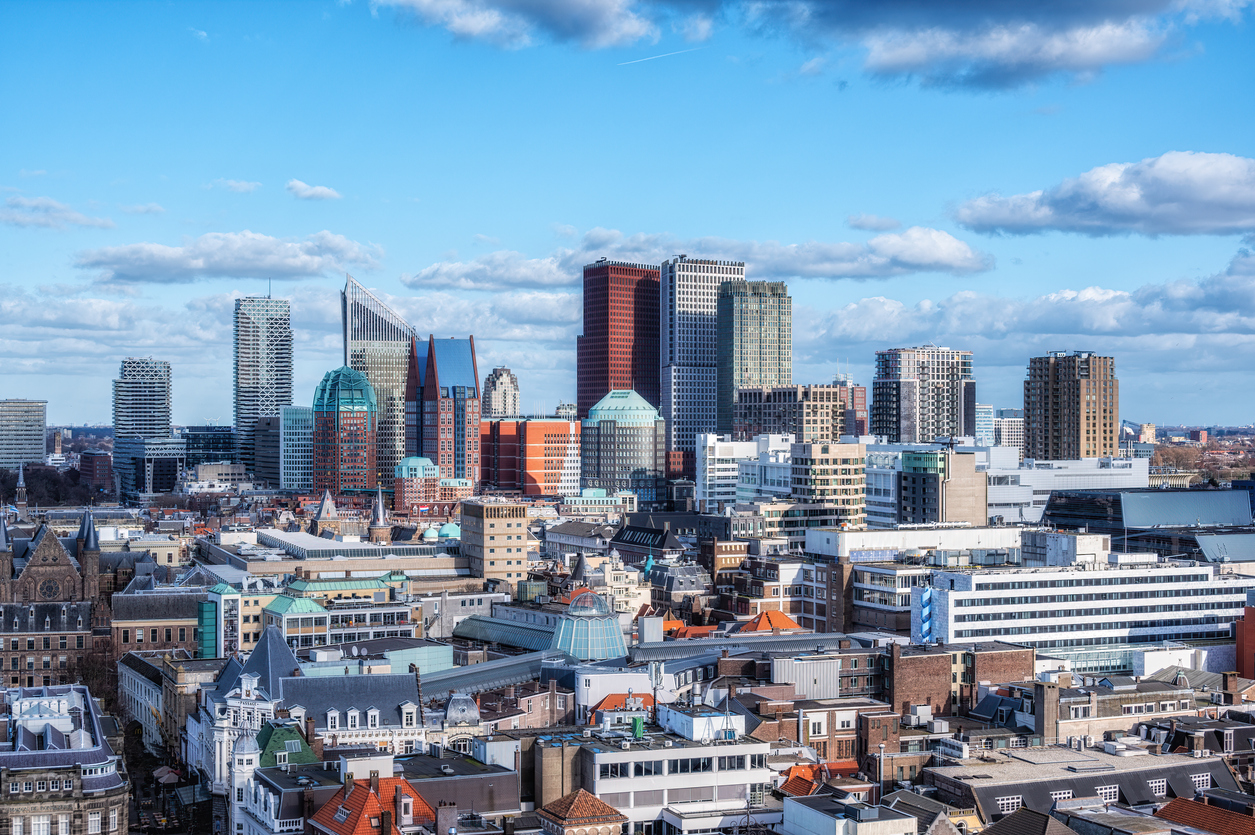Government uncertainties unlikely to change business climate
By Federico Piazza
The Netherlands is a holding-company economy: almost a third of the country’s business revenues are generated by international activities.
Since the Middle Ages, the Dutch have been considered first and foremost a country of international merchants and financiers. In fact, Holland was a hub of the historic Hanseatic League, which included port and trading cities throughout Northern Europe.
Over the last century the Dutch have certainly distinguished themselves as one of the world’s most politically and economically open nations, consistently associated with liberal political principles and practices of civil coexistence as well as with Continental Europe’s most liberal economic system.
However, Euroscepticism remains widespread in large swathes of the Dutch population and currently there is a new resistance to the EU-backed policies formally decided in Brussels: starting with the environmental ones. Farmers and animal breeders, the primary electoral base of Geert Wilders’ party, had already been protesting against EU measures to reduce nitrogen emissions related to (often intensive) farming of crops and livestock in the Netherlands.
Then there are the concerns over immigration, which has always been a red-flag issue for right-wing parties, even in a country with low unemployment (3.5%) which has difficulties finding enough workers to fill a number of professional profiles. These difficulties are also seen in highly-paid professions, despite the fact that, within the EU context, the Dutch labor market is very economically competitive when it comes to attracting skilled workers.
This competitive advantage is expressed in terms of wages (as of 2023 the Dutch minimum wage was about €1,995 per month), the level of taxation on businesses and individuals, the quality of the work environment and methods – also in terms of work-life balance – are ensured by both government policies and current business practices. There are also general advantages in terms of quality of life and public services in Dutch society.
Yet, according to recent EURES data, there are currently around 200,000 job vacancies in the Netherlands. In order to fill them, the Dutch authorities have initiated a program to attract workers with suitable professional profiles, including offering work visas for citizens of countries outside the Schengen area. In particular, the country lacks computer scientists, managers, business administrators, and engineers, as well as healthcare and logistics workers.
Historically, the Netherlands is open to the global market and thrives on international trade: almost a third of Dutch companies’ revenues come from foreign trade. This remarkable figure demonstrates how the Netherlands can be considered a bit like a holding company. So, while it’s true that the recent elections have highlighted some contradictions inherent in Dutch society, it’s also possible that the political impasse in forming a new government could result in new, early elections.
All this leads to uncertainty and therefore concern, given that political instability is not good for business. However, the underlying theme of The Hague’s policy has always been to strengthen relations with similar countries and economic partners. Therefore, most likely, whatever the political leanings of the new government, it will hardly change the climate for companies operating in the Dutch market and which interface with the Dutch logistical, commercial, financial and technical-scientific hubs. Business-friendly as usual.
